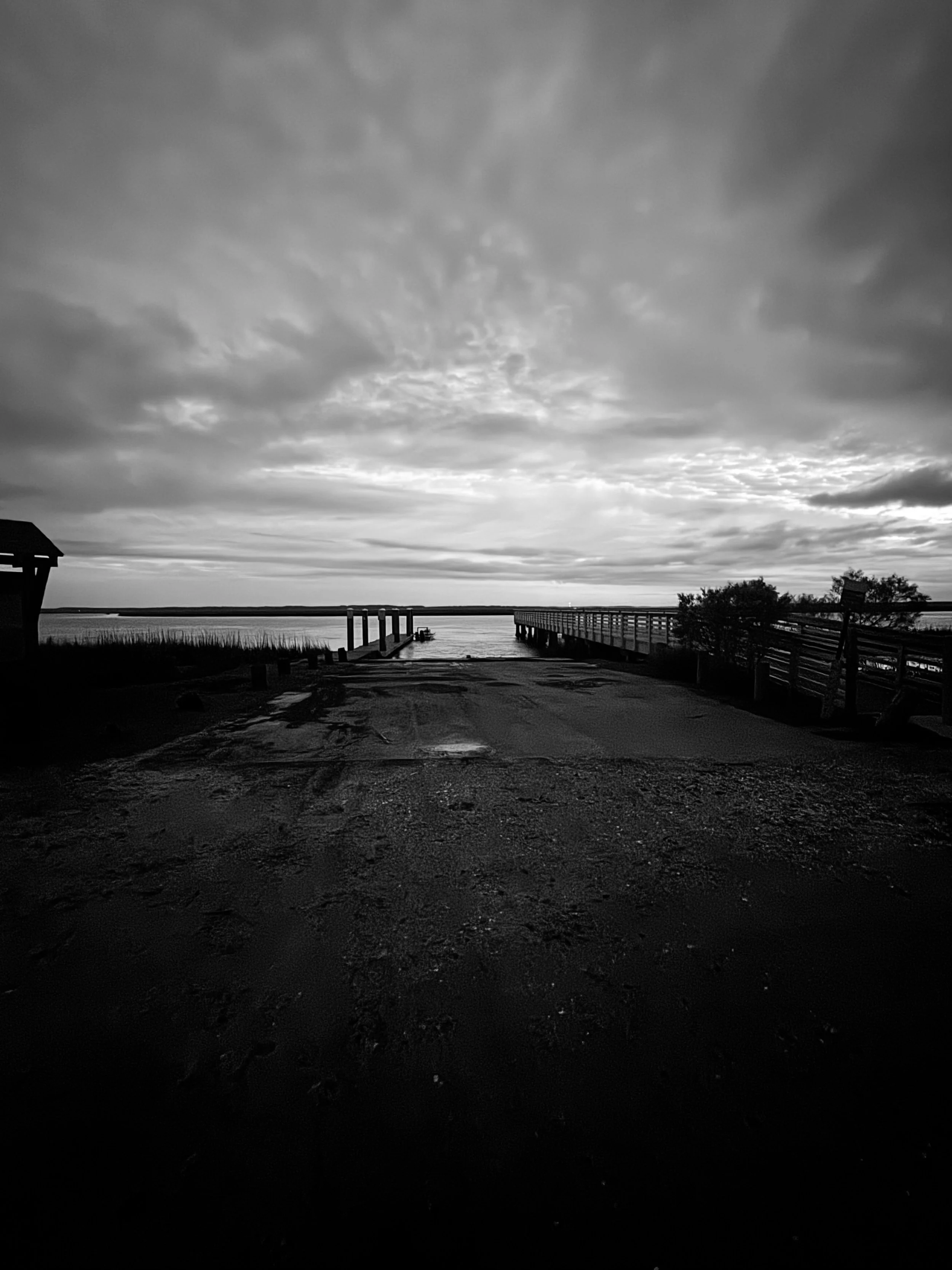The Mosquito Fleet of Charleston: Pioneering Fishermen of Charleston’s Harbor
Before motorboats and modern seafood industries transformed Charleston Harbor, it was the Mosquito Fleet—a humble collection of rowboats and small sailing craft—that kept the city fed and connected to the sea. For more than a century, these boats were a lifeline of culture and survival, particularly for African American watermen who built a living from the harbor’s rich waters.
What Was the Mosquito Fleet?
The Mosquito Fleet was made up of dozens, sometimes hundreds, of small wooden boats that set out daily from Charleston’s East Bay. Manned mostly by freedmen and their descendants after the Civil War, the fleet earned its name because of the way the tiny vessels swarmed across the harbor, resembling a cloud of mosquitoes.
With nothing more than oars, small sails, and a deep knowledge of the tides, the men who operated these boats caught fish, crabs, and oysters. They then rowed their catches back to the Charleston City Market and surrounding wharves, where seafood was sold to residents and visitors. In an era before refrigeration, the Mosquito Fleet’s daily efforts were critical to feeding the city.
A Tradition Rooted in Freedom and Skill
For generations of African Americans in Charleston, the water was both livelihood and legacy. Many members of the Mosquito Fleet were descendants of enslaved Africans who had been forced to work in the rice fields, tidal marshes, and fisheries of the Lowcountry. After emancipation, they used this deep environmental knowledge to carve out economic independence.
Fishing with the fleet wasn’t just work—it was a way to claim freedom and pass down cultural knowledge. Fathers taught sons how to row against the tides, mend nets, and navigate shifting sandbars. The boats themselves were often handmade, reflecting both ingenuity and tradition.
Hardship on the Harbor
Life in the Mosquito Fleet was far from easy. The small wooden boats offered little protection from sudden storms or the fierce winds that funneled through the harbor. Some fishermen never returned, their boats lost to the sea. Yet, despite the dangers, the work provided one of the few avenues of steady income and autonomy for Black Charlestonians in the 19th and early 20th centuries.
Decline of the Fleet
By the mid-20th century, the Mosquito Fleet began to fade. Larger motorized vessels took over the commercial fishing industry, and new economic opportunities drew younger generations away from the backbreaking labor of rowing and casting nets by hand. Hurricanes and natural disasters also destroyed many of the handmade boats, further shrinking the fleet.
Today, only stories, photographs, and a handful of preserved boats remain to remind Charleston of the men who braved the waters in the name of survival and independence.
Legacy on the Water
The Mosquito Fleet is more than a forgotten chapter of Charleston’s maritime past—it represents the resilience of a community that refused to be defined by oppression. It is a story of labor, ingenuity, and cultural survival, written in the rhythm of oars and the pull of nets.
When Charlestonians savor fresh shrimp or walk the old seafood stalls at the market, they are touching a tradition rooted in the daily work of those mosquito boats. The fleet may be gone, but its spirit still ripples across the harbor.

